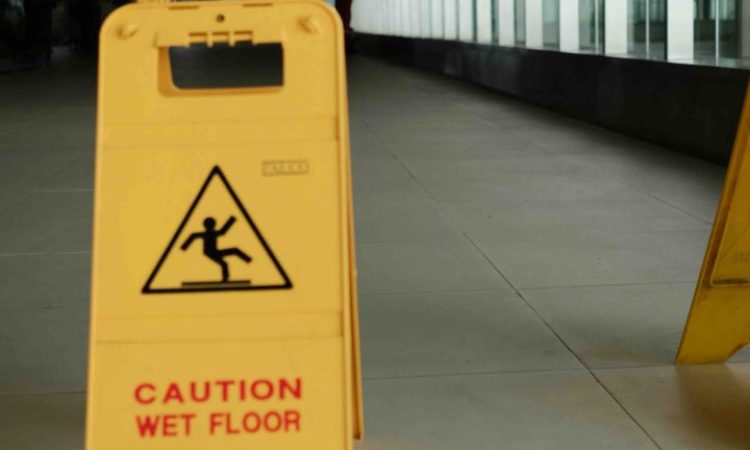
Why Fewer People Are Claiming Compensation for Personal Injury Claims
Recent data reveals a concerning decline in personal injury claims in the UK, particularly in the workplace sector. This trend suggests a widening “justice gap,” where many individuals who suffer injuries or ill health may not be receiving the compensation they deserve.
Decline in Workplace Injury Claims
According to the Health and Safety Executive (HSE), 1.7 million workers reported suffering from work-related ill health in 2023/24, a slight decrease from 1.8 million in the previous year. Notably, 604,000 workers sustained non-fatal injuries at work during the same period. Despite these high numbers, there has been a marked decline in the number of claims made for workplace injuries, mirroring a wider national trend.
The Justice Gap
The Association of Personal Injury Lawyers (APIL) has highlighted the emergence of a “cavernous justice gap” following the implementation of the Official Injury Claim (OIC) portal.
APIL’s analysis shows that motor injury claims are 45% below pre-pandemic levels, even though road traffic volumes are now 3% above pre-pandemic levels.
Workplace injury claims are down by 50%, even though workplace incidents have risen by 16% since 2018.
This suggests that significant numbers of injured individuals are simply not pursuing the compensation to which they are entitled.
Why People Are Not Making Claims
There are several key reasons why people are choosing not to make personal injury claims:
- Lack of awareness: Many are unaware of their legal rights or find the claims process too complex or intimidating, particularly since the introduction of the Official Injury Claim (OIC) portal, which was intended to make it easier for individuals to represent themselves but has often done the opposite.
- Fear of repercussions: Others worry about possible consequences at work, such as strained relationships with employers or the risk of losing their job. There’s also a stigma around “blaming and claiming,” which deters some from pursuing rightful compensation.
- Financial constraints: Financial concerns play a role too. Some individuals can’t afford the time off to pursue a claim, especially when the cost-of-living crisis adds further pressure.
- Some people do not realise how much their claim could be worth and many underestimate the level of compensation they are entitled to.
- There is a misconception that pursuing a legal claim is expensive, however at Hopkins Solicitors we operate a No Win No Fee basis.
- Stigma and Complexity: A significant number of people do not pursue claims due to concerns about stigma, complexity, or potential costs. For instance, 50% of individuals who suffered a no-fault accident in the last three years chose not to make a claim because they feared the process would take too long or were concerned about the stigma associated with claiming
The decline in personal injury claims is a warning sign that the UK’s compensation system is not functioning as it should. Reforms intended to simplify the process have, in many cases, made it more difficult for ordinary people to access justice. Addressing the justice gap will require making the claims system more accessible, raising awareness of legal rights, and reducing the stigma around making legitimate claims. Without action, thousands of injured individuals will continue to go without the support they need to recover and rebuild.
How We Can Help
At Hopkins Solicitors, we understand how overwhelming and intimidating the claims process can seem, especially when you’re already dealing with the physical, emotional, or financial aftermath of an injury. That’s why we offer clear, compassionate guidance and practical support every step of the way. Our personal injury team has years of experience helping people just like you secure the compensation they’re entitled to.
We operate on a No Win, No Fee basis, which means there’s no financial risk to you. If your claim isn’t successful, you won’t pay a penny. We’ll handle the complexities, deal with insurers, and fight to get you the best possible outcome, so you can focus on recovery.
Request a CallbackRelated Articles
-

Accidents at Work Your Right to Claim Compensation
Accidents at work happen far more often than many people realise. Every year, thousands of employees across the UK are…
-

Why 2026 Is a Pivotal Year for Personal Injury Claims
Personal injury law in the UK has changed significantly over the last few years. From government reforms to changing patterns…
-

The Importance of Financial Remedy Orders in Divorce
Divorce is tough, but what comes after can be even tougher if you don’t protect yourself financially. Many people think…